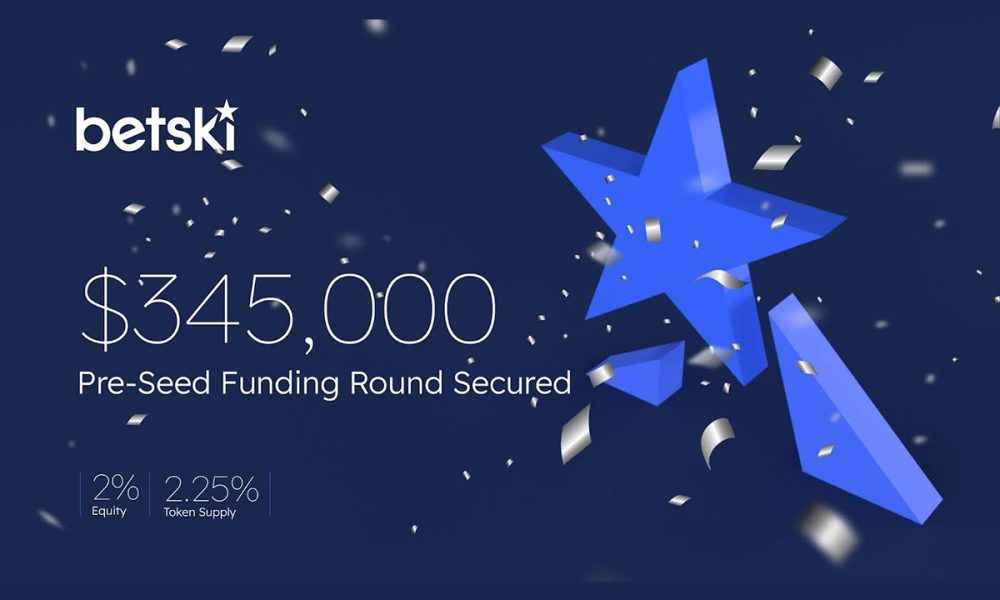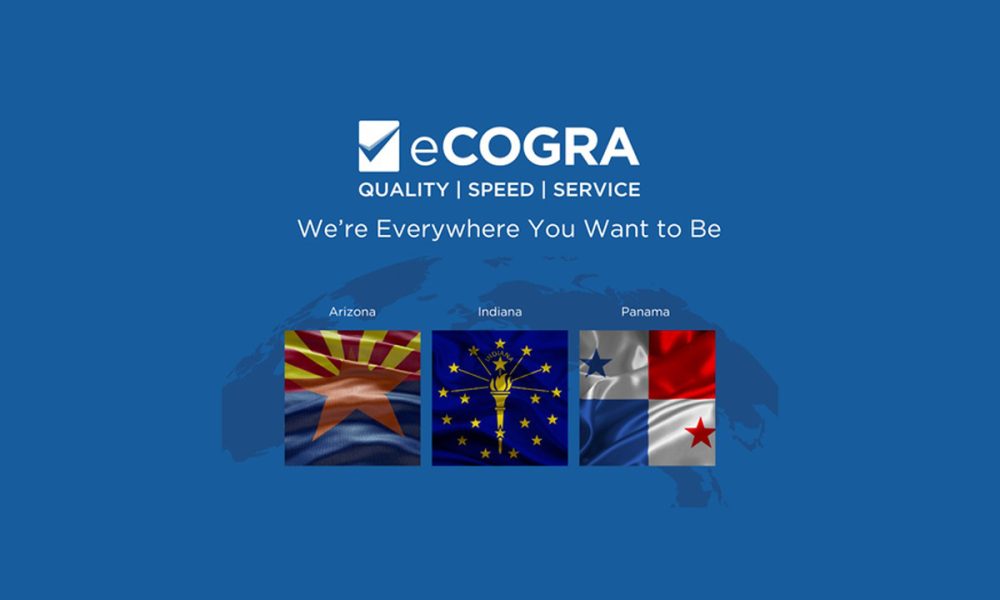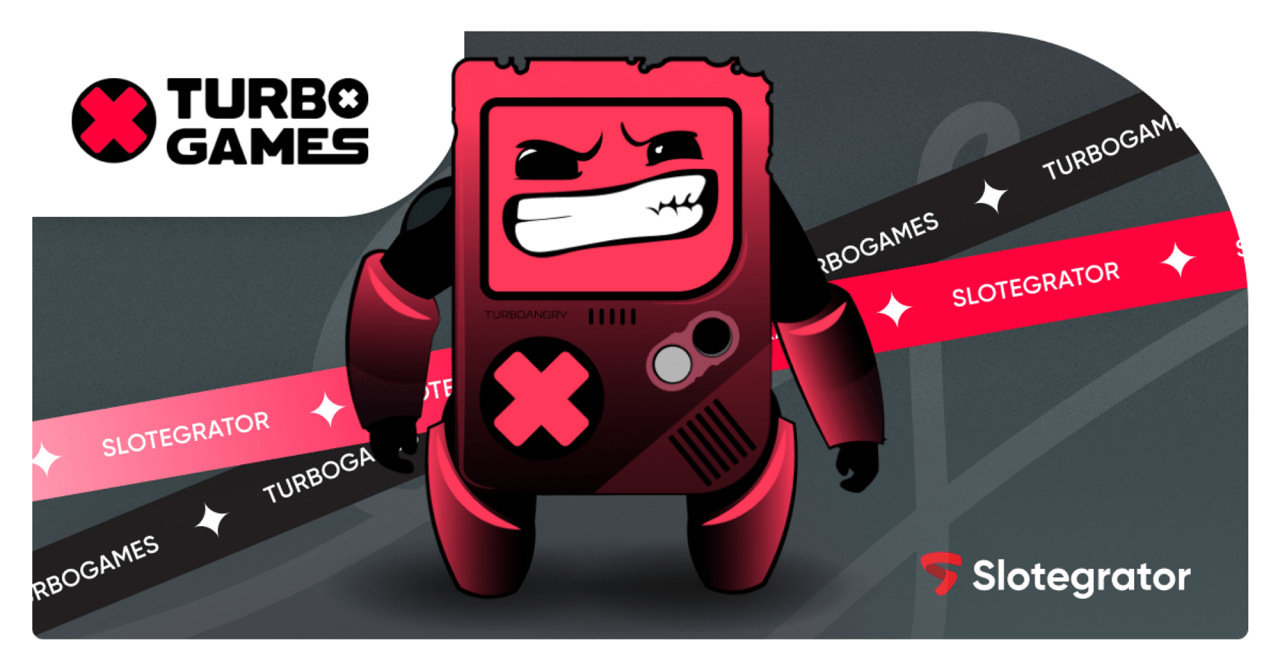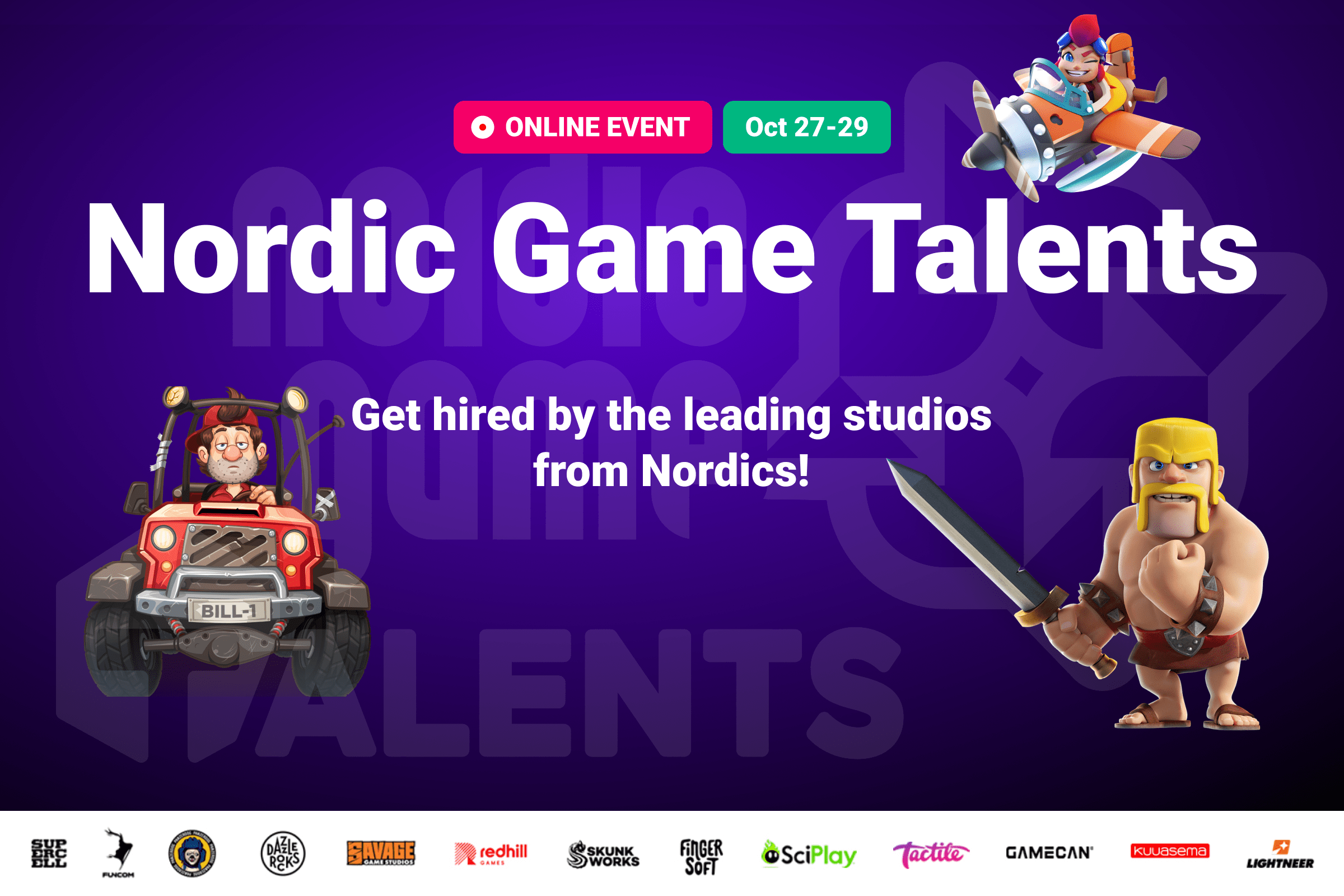iGaming Industry
Digitization: how Europe can catch up

Everyone from the CEOs of Fortune 500 companies to tiny start-ups and leading politicians gathered in Lisbon for the Web Summit conference earlier this month. Billed as a talk shop which “connect[s] the technology community with all industries, both old and new,” the event has now grown to become the largest tech conference worldwide.
But the fact that this event, dubbed by one writer as the “Olympics for geeks,” should take place on European soil this year is perhaps a little ironic, given that the continent is certainly not at the top of the food chain when it comes to new technologies. Despite its better efforts and the size of its economy, Europe still lags behind the US and China in terms of digitization.
For one thing, although estimates vary, only 16 of the world’s 166 unicorns – privately held firms valued at $1 billion or more – were based in Europe last year, according to the database Pitchbook, and overall growth in the number of unicorns has been far slower than in the US.
Founders of tech companies in Europe also tend to stay relatively close to home. According to Startup Headmap Europe, 85% of founders who left their countries to start new tech firms moved to countries that were comparatively nearby, suggesting that Europe’s tech economy is far more siloed than one might think. There is also the issue of funding: most European venture capitalists still prefer to invest domestically, and when firms want to expand internationally, they often have to turn to the US for funding. So far this year, around a quarter of the cash pouring into EU tech start-ups has come from the US.
To try to break down persistent barriers within the EU’s digital economy, Brussels has been promoting regulatory reforms, notably its flagship “digital single market” proposal – but results so far have been middling. Indeed, the European Commission has passed little more than 30 of its digital proposals even though the idea was first floated a decade ago, most recently approving a plan to end the practice of “geoblocking” that prevents EU consumers from easily buying goods sold online in other countries. In a “report card” issued earlier this year by Politico, the Commission received only 51 points out of a possible 100 for progress on the digital single market.
Next steps
There are a number of ways that Europe can shore up its digital economy – that don’t necessarily involve trying to duplicate the example of Silicon Valley. Instead, national and EU lawmakers should look more closely at the pockets of innovation within their own borders and see how to replicate native success stories more widely – while making efforts to replicate the spirit of the Web Summit, fostering stronger bonds among European founders, venture capitalists, and other key members of the tech community.
French President Emmanuel Macron, for example, has clearly decided that ‘Vive la révolution’ will be his attitude to digitization. With him steering the ship, the country is moving away from a relatively protectionist attitude to the Internet and instead embracing “hyper innovation” as a source of jobs and economic growth. To this end, he has vowed to stimulate venture capital for tech in Europe through a €10 billion French fund for innovation and has also tabled the idea of a central European innovation agency and an ‘EU digital market.’
Granted, many of Macron’s digital policies have yet to come to pass, but he is going in the right direction, and this shift in attitude has the potential to make waves not just in France but across the EU as a whole.
The location where Macron unveiled many of his bold new ideas was Tallinn, Estonia, which in September hosted the Tallinn Digital Summit, where EU heads of state convened on all things digital.
The Estonian capital was a fitting location, since the country’s government runs almost entirely online. Every citizen possesses an 11-digit number that acts as a unique identifier, allowing them to complete all manner of bureaucratic transactions online, from voting to signing contracts. According to officials, Estonia’s system of ‘e-government’ boosts national GDP by 2%. It’s little wonder then that the country – which has declared Internet access a basic human right – is using its current position as President of the Council of the EU to help drive its neighbours’ adoption of digital technology, having listed ‘a digital Europe and the free movement of data’ as one of its key priorities.
Regulation is also key in creating an environment conducive innovation. Malta, for example, has made a name for itself as the ‘Silicon Valley’ of online gaming – with the industry now contributing 12% to its GDP. This success has been underpinned by a solid regulatory framework: Malta was the first EU member state to introduce online gaming regulations that included strong consumer protection laws, offering a self-exclusion database for those who wish to block themselves from gaming websites. The Malta Gaming Authorityhas also been making new efforts to further streamline and modernize its regulatory framework as the industry shifts. For instance, it has been particularly receptive to new technologies in the gaming industry, such as blockchain and cryptocurrencies, laying out a new framework for accepting cryptocurrencies like bitcoin in place of bets. Its reactive approach to developments in the sector marks a significant contrast with the regulatory foot dragging often seen in Brussels and other capitals.
But at this point, the proactive approach of a small handful of governments and a single summit do not amount to a viable strategy for a continent that, on the whole, continues to lag. European lawmakers will have to do much more to ensure that any ideas kindled at the Web Summit truly come to pass – and help raise the number of unicorns within Europe’s borders.…
The post Digitization: how Europe can catch up appeared first on Eastern European Gaming – News – Interviews – Legal Market Updates – Premium Reports – Events – Directory.
Source: EEGaming.
gaming operators
XT.COM Announces Listing of Zenex

XT.COM has announced the listing of ZNX (Zenex), an AI-driven payment infrastructure token designed to revolutionize the $107B+ iGaming industry. The ZNX/USDT trading pair will be available in the Innovation Zone (RWA), providing traders with access to a token that brings real-world business utility, enhanced fraud protection, and verifiable revenue-sharing mechanisms to online and land-based gaming operators.
Imagine a payment ecosystem where betting operators no longer need to freeze millions in capital reserves, where players enjoy seamless transactions across continents, and where token holders benefit directly from the growing gaming industry. That’s not a future promise – it’s what Zenex delivers today.
At its core, Zenex solves the gaming industry’s biggest challenge – the massive capital reserves required by traditional payment systems. Through the innovative blockchain and AI infrastructure, gaming operators who hold ZNX can reduce their reserve requirements by up to 30%, instantly freeing up capital for growth and operations.
The Zenex ecosystem combines multiple revenue streams that directly benefit ZNX token holders:
• Operational Betting Shops: The expanding network of profitable locations across Kenya generates consistent revenue, with systematic buybacks supporting token value.
• Advanced Payment Infrastructure: Already processing millions in monthly transactions, the payment solution helps operators reduce costs while improving transaction efficiency.
• White-Label Gaming Solutions: The proprietary platform powers multiple online casinos and betting operations, generating steady transaction volume.
• Innovative Mini-Games Platform: A suite of engaging games drives player engagement and creates additional revenue streams.
• Premium Card Solution: The upcoming Zenex Card will revolutionize how players access and manage their funds across 150+ countries.
The Zenex Advantage:
• Systematic Buybacks: A portion of all gaming revenue is used to buy back ZNX tokens, creating sustainable price support.
• Token Utility: Operators holding ZNX benefit from reduced reserve requirements, creating natural demand from the $107 billion iGaming industry.
• Strategic Lock-ups: Smart contract-based locking mechanisms ensure long-term price stability.
• Community Governance: Token holders participate in key decisions about platform development and charity initiatives.
The post XT.COM Announces Listing of Zenex appeared first on Gaming and Gambling Industry in the Americas.
Alejandro Navarro
Betski Secures $345,000 in Pre-Seed Funding for First-ever Tokenized Casino Ownership Platform

Betski is set to launch its online casino ownership platform in Q1 of 2025, enabling users to earn casino profits through digital tokens. The system will allow anyone to receive a share of casino earnings without managing casino operations, marking a new chapter in the multi-billion-dollar iGaming industry. Supported by a $345,000 pre-seed funding round, the platform aims to democratize access to casino earnings and reshape the multi-billion-dollar gaming industry.
Opening Casino Ownership to Everyone
The platform’s tokenization system reshapes traditional casino business rules through an automatic profit-sharing program. Token holders receive a percentage of every bet placed on the platform.
This system eliminates steep entry costs, such as operational expenses, licensing fees, and administrative management. Users can start earning returns without previous casino experience or large capital investments.
“A small group have exclusively enjoyed casino industry profits until now. Our platform opens these earnings to everyone through our tokenized profit-sharing system, turning users into online casino owners,” said Alejandro Navarro, founder and CEO of Betski.
Direct Profit-Sharing Through Tokens
Through a verified digital system, the ownership program distributes Gross Gaming Revenue (GGR) among token holders. Investors have recognized this potential, contributing $345,000 in pre-seed funding that combines gaming entertainment with digital asset ownership. The platform maintains strict security protocols and automated distribution systems for reliable profit sharing.
“The platform distributes real money to token holders from every bet placed by players. This creates a steady income stream for online casino owners – something the traditional casino structure has never offered,” said Navarro.
Global Growth of Online Casino Ownership
The platform has attracted 2400 active Discord members and over 20,000 followers on X (formerly Twitter). These early adopters are expected to participate in test runs of the profit-sharing system once it goes live. Over the next 24 months, the platform will roll out first in Latin America, followed by expansion into European and select Asian markets.
Betski offers casino games, live casino experiences, eSports betting, global lotteries, fantasy sports, and traditional sportsbooks. This variety creates multiple revenue streams for online casino owners. Players can access all gaming options through a single interface, which streamlines the betting experience and maximizes potential returns for token holders.
The team has partnered with major payment processors and marketing agencies to support the platform’s global expansion. These collaborations will facilitate smooth transactions and user acquisition across different regions. The platform meets all regulatory requirements in its target markets, certifying long-term stability for token holders.
New Opportunities for Investment
Following the successful pre-seed round, Betski is now opening its seed funding round to welcome additional participants into its casino ownership platform. This investment opportunity enables individuals and entities to join the platform’s growth journey ahead of its official launch in Q1 2025.
Bradley Khoury
eCOGRA Approved to Operate in Arizona, Indiana and Panama

eCOGRA, a leading international authority in Testing, Inspection and Certification services for the iGaming industry, has secured new regulatory approvals across three key jurisdictions: Arizona, Indiana and Panama. With these developments, eCOGRA strengthens its position in the U.S. and Latin American markets, offering excellence in compliance through their Quality, Speed, and Service promise.
This strategic expansion allows eCOGRA to conduct independent compliance audits and certification services in each region, addressing the growing demand for rigorous regulatory oversight in the fast-evolving global iGaming industry.
Securing approval in Arizona, where eCOGRA has now been licensed as an Event Wagering Ancillary Supplier, enables the International Testing Laboratory (ITL) to audit event wagering licensees in line with Arizona’s expanding regulatory landscape. Indiana, which introduced online sports betting in September 2019, has authorised eCOGRA to perform regulatory compliance audits, providing licensed operators with crucial assurance in meeting the state’s high standards.
In Panama, the Board of Gaming Control officially recognised eCOGRA as an Authorised Entity for Compliance Certification, specifically for slot machines and gaming software. This endorsement reinforces eCOGRA’s role as a trusted partner for operators seeking to meet stringent regulatory requirements in Latin America’s emerging iGaming sector.
“Our recent approvals in Indiana, Arizona, and Panama underline our dedication to continually expand our offering, to support our growing portfolio of clients with their global growth plans. We are committed to ensuring that we bring the same quality, speed and service that marks us out to both our clients and regulators in these dynamic markets,” said Will Shuckburgh, Group CEO of eCOGRA.
Bradley Khoury, Chief Technology Officer at eCOGRA, said: “Securing licensure as an Event Wagering Ancillary Supplier in Arizona and an Authorised Entity in Panama underscores our dedication to supporting responsible and sustainable iGaming operations. We are committed to driving trust and accountability within the industry by providing compliance solutions that uphold the highest standards.”
-

 gaming3 years ago
gaming3 years agoODIN by 4Players: Immersive, state-of-the-art in-game audio launches into the next generation of gaming
-
EEG iGaming Directory9 years ago
iSoftBet continues to grow with new release Forest Mania
-
News8 years ago
Softbroke collaborates with Asia Live Tech for the expansion of the service line in the igaming market
-
News7 years ago
Super Bowl LIII: NFL Fans Can Bet on the #1 Sportsbook Review Site Betting-Super-Bowl.com, Providing Free Unbiased and Trusted News, Picks and Predictions
-
iGaming Industry8 years ago
Rick Meitzler appointed to the Indian Gaming Magazine Advisory Board for 2018
-
News7 years ago
REVEALED: Top eSports players set to earn $3.2 million in 2019
-
iGaming Industry8 years ago
French Senator raises Loot Boxes to France’s Gambling Regulator
-
News7 years ago
Exclusive Interview with Miklos Handa (Founder of the email marketing solutions, “MailMike.net”), speaker at Vienna International Gaming Expo 2018

















